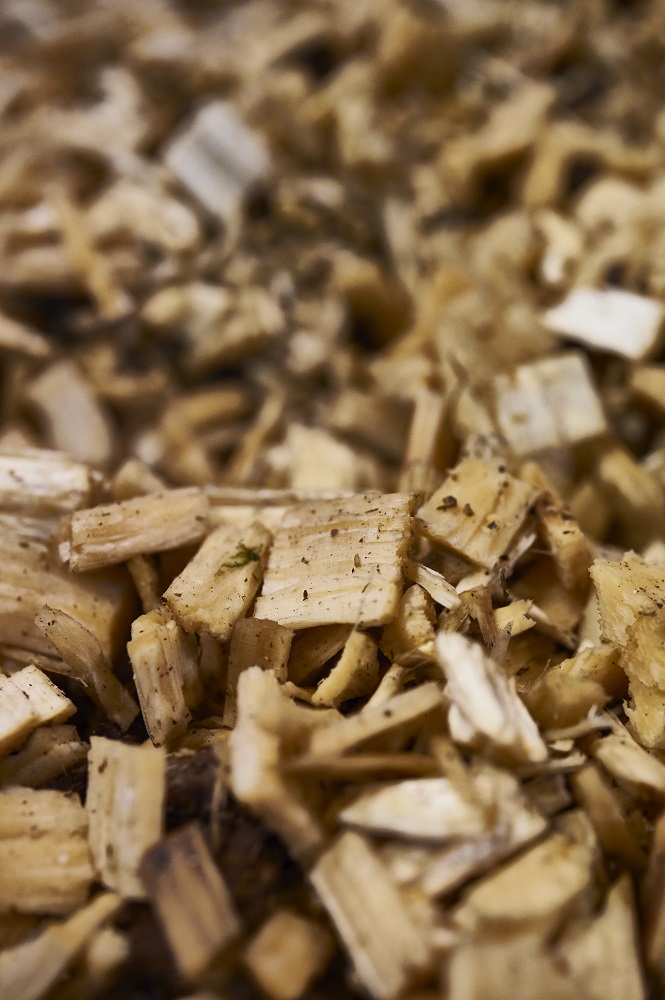The report into the disastrous handling of the green energy scheme in Northern Ireland has concluded corruption was not the cause of its ultimate collapse in 2016.
Instead incompetence and a “compounding of errors and omissions” among government officials and politicians has been blamed for the failure, which ultimately led to the collapse of the power-sharing government at Stormont, which has only recently been re-established.
The Renewable Heat Incentive (RHI) in Northern Ireland, was launched in 2012 with the aim of encouraging people to install heating systems that used environmentally wood chips rather than gas and oil. Many poultry farmers signed up to the scheme, but the subsidy payment was higher than the cost of the fuel, generating “an incentive to produce heat simply for the purpose of receiving payments and to ‘open the windows’ to get rid of the excess heat, there being no widespread means of transporting it to others or any market for it,” the report states.
No cap was put on the amount that could be claimed, unlike a similar scheme in England. Costs quickly spiralled and it was closed in 2016, leaving many farmers out of pocket.
The scheme was introduced by Arlene Foster, now first minister. The report reveals she signed off documents about the RHI scheme without first reading them. Foster said she was “determined to learn from my mistakes and to work to ensure that the mistakes and systematic failures of the past are not repeated”. Politicians’ special advisers have also been criticised in the report for providing inadequate information about the costs of the scheme.
The Ulster Farmers’ Union (UFU) said members who took part in the RHI scheme have waited a long time to see where the failings of the scheme lay. It says many farmers who acted in good faith, have been left with their businesses facing short and long-term financial problems through no fault of their own.
Commenting on the report UFU deputy president Victor Chesnutt said: “This has been a long-drawn-out process and this report is long overdue. All along the primary concern for the UFU has been our members who put their trust in this scheme and the Government, only to be sold out to the interests of political expediency. RHI participants have been made scapegoats for others’ failings. We welcome the report’s conclusion that those who used the scheme are not to blame for its failure. That responsibility lies wholly with the politicians and officials who created a deeply flawed initiative that has put the livelihoods of farming families across Northern Ireland in jeopardy.”
In an attempt to stabilise the scheme RHI tariff cuts were introduced by the Department of Economy (DfE) in April 2019 as a solution to their own problem. Farming businesses that invested in the scheme were already under pressure and the tariff cuts added more financial pain. The UFU provided oral evidence to the Northern Ireland Affairs Committee regarding these changes to the RHI, making it clear then that farmers were literally paying the price for the gross negligence of politicians and civil servants.
The UFU says the RHI tariff cuts pushed many farmers to their limits. Some have been selling stock and land, making all the adjustments they can to keep their heads above water but for some that hasn’t been enough. There are UFU members dealing with the reality that the RHI scheme could end their business.
“The tariff cuts have created a massive financial black hole and farmers are struggling to find ways to subsidise uneconomic RHI boilers elsewhere in their businesses. We repeatedly highlighted that DfE failed to consider the wider costs associated with a biomass boiler. The scheme is so unworkable now that many farmers are reverting to fossil fuels. DfE offered participants an unviable way out of the scheme. This was condescending as we now know the failure was not caused by the participants. All costs must now be built into the payments offered to make it comparable to the scheme in Great Britain and from the report, we know the core failure was that this did not happen in the first place,” said Chestnutt.
RHI public inquiry report finds corruption was not the cause of the scheme’s failure

Previous ArticleCase of non-notifiable AI in poultry flock in England
Chloe Ryan
Editor of Poultry Business, Chloe has spent the past decade writing about the food industry from farming, through manufacturing, retail and foodservice. When not working, dog walking and reading biographies are her favourite hobbies.

